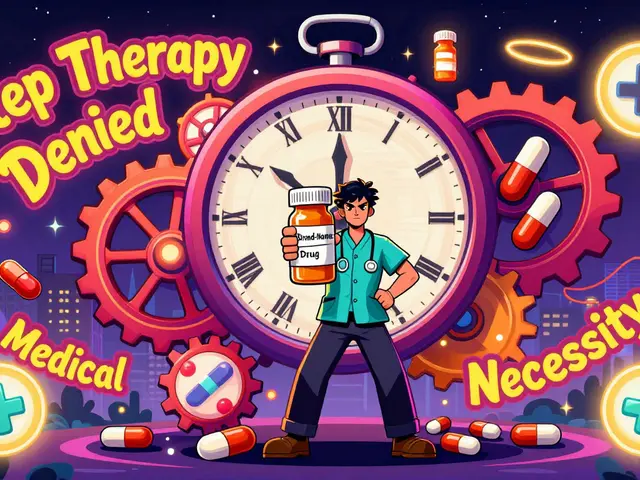Behavior management: simple, practical steps when meds affect mood or actions
Are medications changing the way someone sleeps, eats, or acts? That happens more than you might think. Some drugs cause restlessness, confusion, aggression, or low mood. The goal here is not to diagnose but to give clear steps you can use today to reduce problems and keep people safe.
First, notice and record. Keep a short daily log with time, behavior, what meds were taken, and any triggers (like skipping meals or loud noise). A two-week log gives solid clues. For example: if agitation spikes two hours after a new pill, that’s a strong lead. Share the log with the prescriber—it makes conversations faster and clearer.
Talk to the prescriber—with specifics
Don’t say “they’re worse.” Say, “In the last 10 days, shouting at night has increased from once a week to five nights a week, starting about 90 minutes after the evening dose.” Ask whether the dose, timing, or interaction could explain it. Many side effects are dose-related or resolve after a week or two. If the medication is essential, the prescriber may suggest adjusting timing, lowering the dose, or switching drugs.
Also ask about short-term strategies while changes happen: temporary sleep aids, small dose adjustments, or scheduling activities that reduce risk. If the person is on multiple medicines, request a medication review to spot interactions. Pharmacists can help with that, and they often suggest safer timing or simple swaps.
Practical behavior strategies you can start now
Create predictable routines. People respond better when meals, sleep, and activities happen at the same times. Keep the evening low-key if evenings tend to get loud or agitated. Use plain, calm instructions—one step at a time—and give time to respond.
Change the environment to reduce triggers. Dim bright lights during agitation, remove sharp objects if there’s wandering, and use white noise or soft music for restlessness. For memory or confusion, label drawers and leave clear notes by the door.
Use positive reinforcement. Notice and praise small wins: “Thanks for sitting through breakfast.” Rewards work better than repeated scolding. If a behavior is risky, layer safety steps so the person isn’t simply punished but gently redirected.
Mind the basics: sleep, hydration, and food. Low blood sugar, dehydration, or lack of sleep often worsen behavior. Small, regular snacks and a clear bedtime routine can reduce meltdowns linked to meds that affect appetite or energy.
Keep safety plans short and clear. Who calls in an emergency? Which local clinic takes calls after hours? Post contacts on the fridge so everyone knows the next step.
Finally, know when to get urgent help. New severe confusion, suicidal talk, hurts to self or others, or sudden loss of basic functions—call emergency services or the prescriber right away.
Behavior management around medications is mostly about careful watching, clear communication with prescribers, and small practical changes you can do at home. Little adjustments—timing, routine, environment—often make the biggest difference fast.
Addressing Aggression in ADHD: Medication Changes and Behavioral Strategies
Families facing aggression in children with ADHD might need to reassess medication and incorporate behavioral strategies. An expert suggests a balanced approach, emphasizing the importance of specialized treatment plans that include both pharmacological and behavior management elements to effectively address complex ADHD symptoms.





